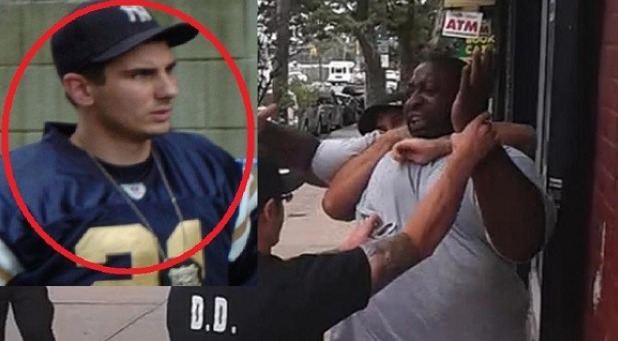See an error in this article?
To contact us or to submit an article

See an error in this article?
To contact us or to submit an article
Click and play our featured shows
For those of us who are married, loving our wives is one of the most important things we can do for our children. In fact, this is the No. 1 point on our classic “10 Ways to Be an All Pro...
My dear daughters, here are a few tips I found to strengthen and promote me in life. I pray they help you to think differently and live powerfully. Develop your lifelong womanhood self. Every little girl has a vision of herself...
https://youtu.be/tdgn1N4ILxM How about a little music to accompany that Mother’s Day breakfast in bed or brunch out with the family? Breaking news, Spirit-filled stories. Subscribe to Charisma on YouTube now! Check out this special moms’ version of “Isn’t She Lovely”...
For many years, especially on Mother’s Day, I have meditated on the virtuous woman from Scripture, found in the book of Proverbs, Chapter 31. I have admired many women who fit the pattern of the Proverbs 31 woman. My mother,...
https://www.youtube.com/watch?v=f2DyhGQcegQ Amid controversy as a recent four-hour-long video by Mike Winger has come out showcasing the past pitfalls of Benny Hinn’s ministry, Hinn has publicly come out to make his statement about his prior ministry mishaps. “I’m a human being....
The young 25-year-old Methodist preacher and revivalist George Whitefield arrived in America in 1738 with a prayer on his heart that the inhabitants of this land would “No longer live as 13 divided Colonies but as One Nation under God.”...
American Heritage Girls, one of the world’s largest Christian scout-type organizations, is proud to offer biblically sound advice for girl moms as they raise their daughters after God’s own heart. Breaking news, Spirit-filled stories. Subscribe to Charisma on YouTube now! “Girls...
https://youtu.be/CttP6Ll2o0w Following are snippets of the top stories posted over the past week on charismanews.com. We encourage you to visit the links to read the stories in full. Benny Hinn Breaks Silence Amid Controversy https://youtu.be/f2DyhGQcegQ Pastor. Preacher. Author. Charlatan. Evangelist Benny...
https://youtu.be/wDCzy8j8zj4 Ainsley Earhardt, co-host of the television morning show “Fox & Friends,” shares her unexpected road to motherhood in a White Chair film from storytelling organization I Am Second. Breaking news, Spirit-filled stories. Subscribe to Charisma on YouTube now! As a...
https://www.youtube.com/watch?v=vVjoymPCJo0 As a mother herself, revivalist, worship leader and author Jenny Weaver wants all mothers to know they are not a “bad mom.” They are not a failure as a parent in the eyes of Jesus. In this interview with Charisma News’...
Families make Mother’s Day memories in so many beautiful ways. A teenager makes Mom breakfast in bed, a child surprises her with a clean room, a husband buys a bracelet, the family gathers at a restaurant table—all to let Mom...
https://youtu.be/f2DyhGQcegQ Should Benny Hinn repent? It’s the question people have been asking for years. While Hinn has publicly apologized for the moments he says he got things wrong in ministry, there are still skeptics about his motives. In an exclusive...